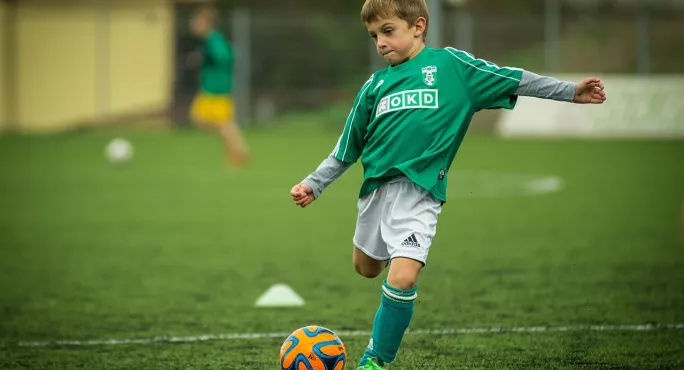“Respect. Respect. Respect.” Jose Mourinho demanded it from the media this summer, and like him, some teachers try to drill its importance into their pupils. Personally, I think they’re missing the point: we cannot demand nor teach the feelings someone has towards us. Telling someone that they must respect you may actually have the opposite effect. As the old saying goes, respect is earned, not given.
So how, exactly, do we go about creating respect in the classroom?
The construction of respect is pretty unique in education – it’s the only emotion we actively try to build in the classroom. Although I’ll be the first to put my hand up and admit that my lessons have inadvertently produced other feelings: of frustration, boredom and anger.
When was the last time you actively taught happiness? Or empathy? I’d guess never. Instead, we hope that these feelings arise as a by-product of our lessons. So why do we pursue respect?
Any teacher would agree that a positive working environment is one in which everyone is respectful towards each other. This in turn, makes the teacher feel valued, the importance of which should never be downplayed.
On the other hand, as far as I am aware (please do correct me if I’m wrong), there is no evidence that shows a positive link between higher levels of respect towards the teacher with improved academic performance. And to be honest, I doubt it can make a poor football team win more games either.
This summer, the desire to forge respect has been witnessed regularly within the sport. At the World Cup, the Japanese football team were given greater respect by the general public for cleaning up their changing room after their defeat than for coming close to beating one of the best teams in the competition. In turn, the room was tidied as a mark of respect to their Russian hosts.
The Maverick Leeds United manager Marcelo Bielsa has gone one step further. Not only did he ask his team to tidy the away dressing room at Norwich City but his players engaged in a three-hour litter pick around their training ground to help them appreciate the time fans spend working to be able to afford a match ticket – in other words, respecting their sacrifice.
Can these footballing methods of respect be transferred from the pitch to the classroom? While a teacher demanding respect like Mourinho might seem straight out of the Victorian school book of getting it completely wrong, a primary school in Totnes in Devon has already taken a leaf out of the Japanese team's book by asking pupils to hoover their own classroom. Each of the 10 rooms has its own machine which the volunteer caretakers use on a rota at the end of the school day. The headteacher was inspired after watching a television programme about education in Japan. The national football team, products of that system, still hold those values, regardless of their success and wealth and have retained the humility to clean up their changing room even in defeat. The supporters even cleaned the terraces.
So while it might not help pupils pass more exams, finding your method of cultivating respect in the classroom could be a lesson which remains long after they’ve forgotten about Pythagoras’ theorem.
Gordon Cairns is a teacher of English in Scotland




